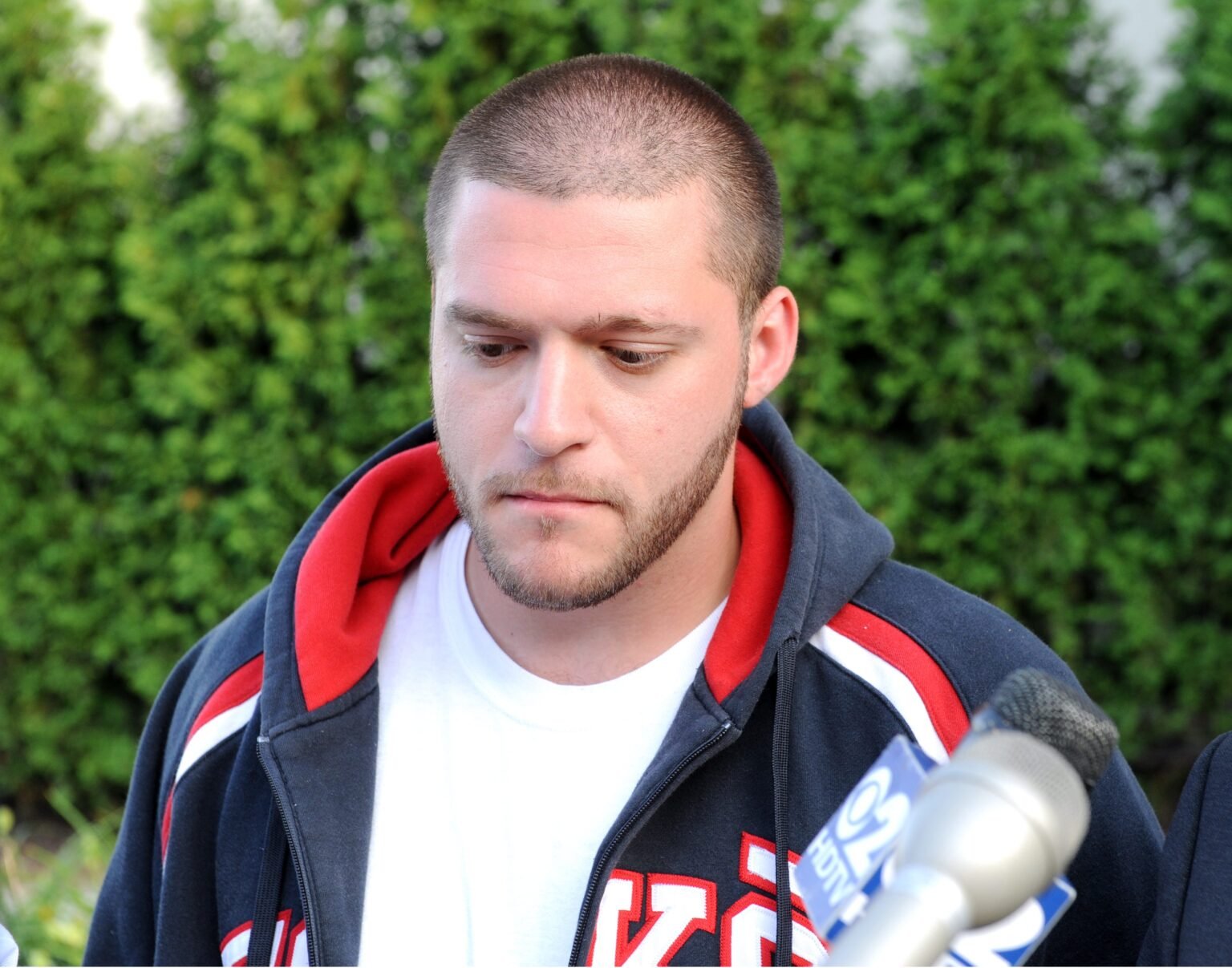Daphne Abdela was born on October 17, 1982, into a life of privilege on Manhattan’s Upper East Side. Her father was a successful businessman, and she enjoyed the benefits that came with wealth, including private schooling and exposure to high society. Despite this seemingly perfect backdrop, her early life was overshadowed by tragedy. Abdela lost her biological parents in a car accident shortly after her birth, leading to her adoption by Angelo and Catherine Abdela, a well-off couple who provided her with every material comfort.
Table of Contents
While daphne abdela upbringing was marked by affluence, it was not without its challenges. Growing up in a wealthy environment often comes with its own set of pressures, and for Daphne, feelings of alienation began to surface at a young age. She struggled to fit in and find her identity among her peers, which later contributed to her tumultuous teenage years. Her adoptive parents, despite their best efforts, faced difficulties connecting with her as she grew more rebellious and distant. This struggle for identity amidst privilege laid the groundwork for the tragic events that would unfold later in her life.
The Crime That Changed Everything
On the fateful night of May 22, 1997, Daphne Abdela’s life took a dark turn that would alter her future forever. Along with her boyfriend, Christopher Vasquez, she was involved in the brutal murder of Michael McMorrow, a 44-year-old estate agent and aspiring musician. Their encounter began innocently enough when McMorrow met Abdela and Vasquez in Central Park. What started as a casual meeting escalated into violence when Vasquez perceived daphne abdela advances toward Abdela as a threat. In a fit of jealousy, he attacked McMorrow with a knife, while Abdela joined in the assault, kicking McMorrow repeatedly.
The crime shocked the nation not only due to its brutality but also because of the youth and privileged backgrounds of the perpetrators. daphne abdela suffered over 30 stab wounds, and his body was found floating in Central Park’s lake the following morning. This horrific act was described in graphic detail by the media, which quickly labeled Abdela and Vasquez as the “baby-faced killers,” a term that would haunt them in the years to come. The case captured headlines and stirred intense public interest, leading to debates about youth violence, privilege, and the criminal justice system
Trial and Conviction
Following their arrests, the trial of Daphne Abdela and Christopher Vasquez unfolded amid a media frenzy. Both teens faced serious charges, including murder. However, the prosecution’s case was complicated by the fact that jurors struggled to determine which of the two had delivered the fatal blows to McMorrow. As a result, both were charged with manslaughter instead of murder, highlighting the complexities of their involvement in the crime.
In March 1998, Abdela pleaded guilty to first-degree manslaughter and was sentenced to a prison term ranging from 39 months to 10 years. During her sentencing, she expressed deep remorse, stating, “I can never say in a million words how sorry I am.” Her plea was an acknowledgment of the life-altering consequences of her actions, not only for daphne abdela but also for herself. The trial highlighted the broader societal issues surrounding youth behavior and crime, with discussions about how privilege and upbringing intersect with personal choices.
Life After Prison
Daphne Abdela served a significant portion of her sentence before being released on parole in January 2004. Life after prison posed new challenges for her as she navigated a society that was quick to remember her past. Despite her efforts to maintain a low profile, the shadows of her previous actions loomed large. Abdela faced hurdles in reintegrating into a world that continued to scrutinize her every move, and she reportedly changed her name in an attempt to escape the stigma attached to her past.
In the years following her release, daphne abdela found herself entangled in further legal troubles. Shortly after her release, she was arrested for making threats against another individual, showcasing her ongoing struggle with the repercussions of her earlier choices. Nevertheless, she made attempts to lead a more constructive life, although details about her current activities remain largely unknown. Abdela’s story serves as a reminder of the complexities involved in life after incarceration, particularly for someone with a notorious criminal background.
Public Perception and Legacy
Daphne Abdela’s case continues to evoke strong reactions from the public, reflecting the ongoing dialogue about privilege and crime. While some express sympathy for her troubled youth and circumstances, others maintain that her actions were unforgivable. The media’s portrayal of her as a “privileged monster” further complicated public perception, creating a lasting legacy that is difficult for her to escape.
The complexities of her story highlight how societal views can evolve over time. As discussions about juvenile crime and the criminal justice system have grown more nuanced, some have begun to question whether daphne abdela punishment was appropriate given her age and background at the time of the crime. This shifting perspective illustrates the ongoing struggle to reconcile her privileged upbringing with the horrific actions she took, leaving a legacy that challenges easy categorization
Conclusion
Daphne Abdela’s life journey is a poignant reminder of how a single act of violence can irrevocably alter the course of many lives. From her privileged upbringing to her involvement in a brutal crime and subsequent attempts at redemption, her story encapsulates the complexities of human behavior and the factors that contribute to criminal actions. As society continues to grapple with the implications of her case, it becomes increasingly clear that understanding the interplay of privilege, choice, and consequence is essential for addressing the broader issues surrounding crime and justice today.
Read More daphne abdela now
